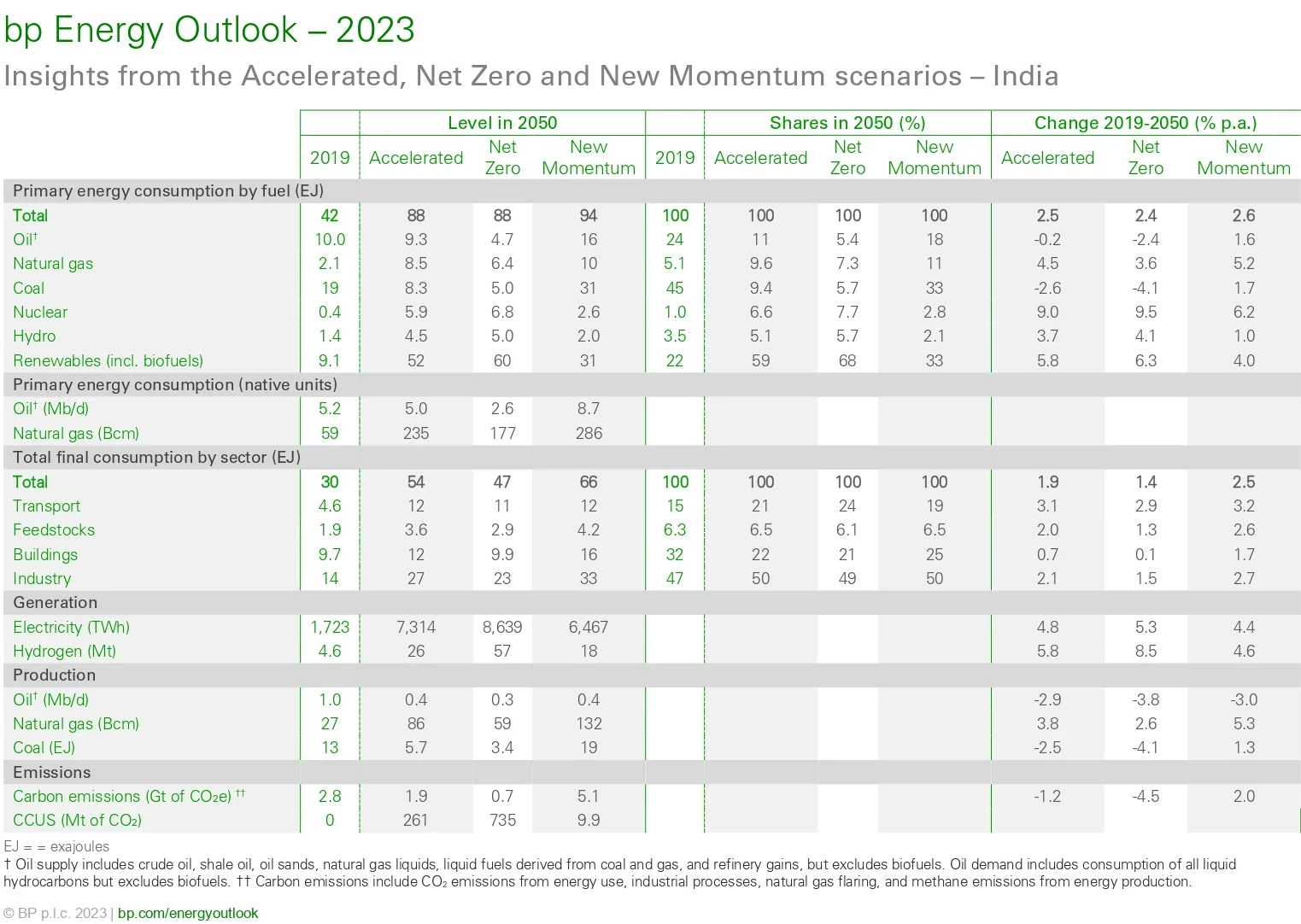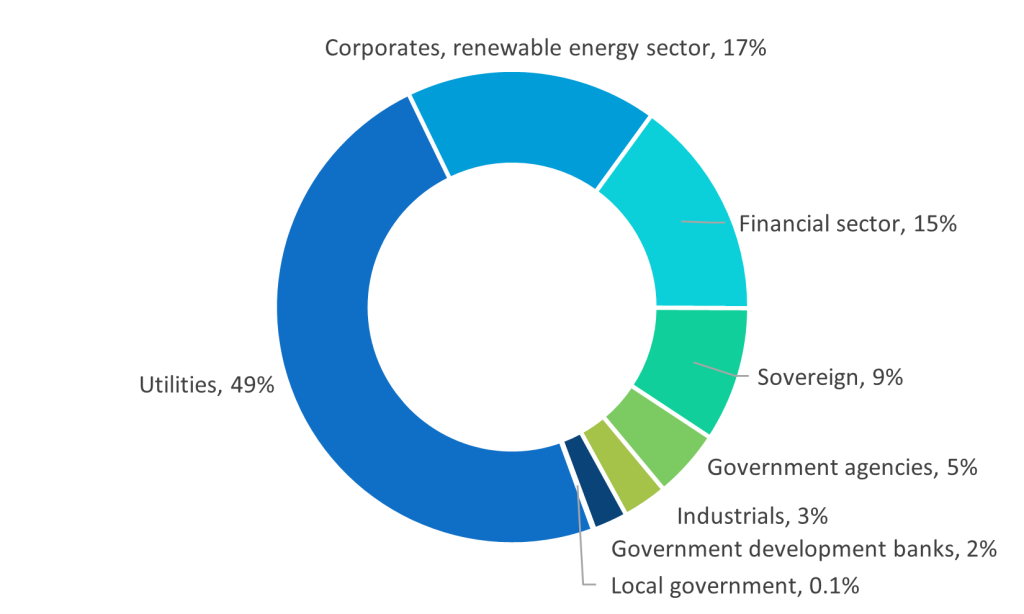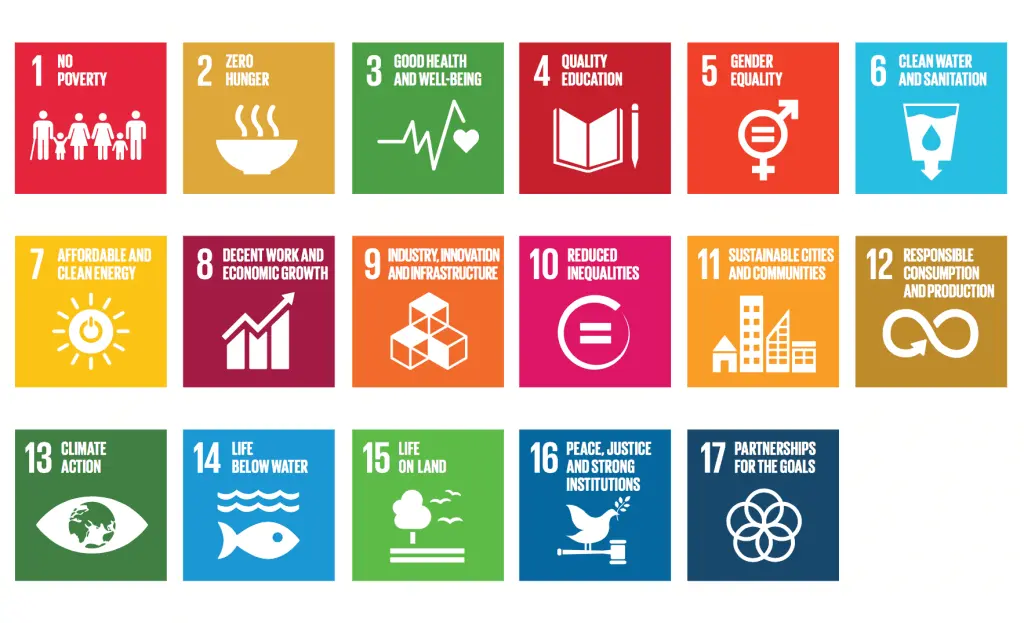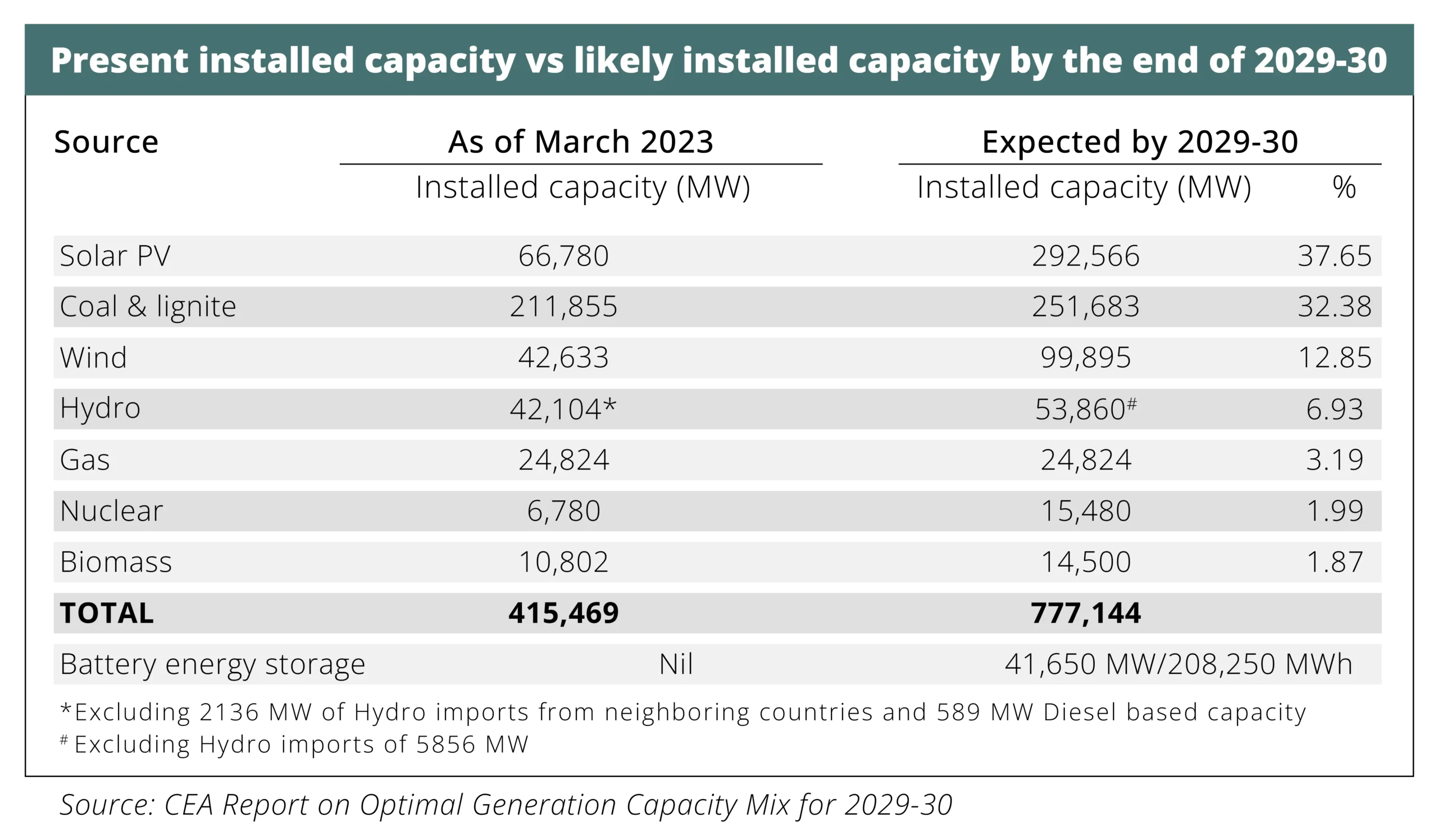Challenges for financing a Green Future
India faces challenges in promoting clean fuels, developing the green bond market, addressing regulatory bottlenecks, and transitioning to a sustainable economy under its G20 presidency.
In Brief
- Priorities for India’s presidency: India must prioritize formulating a resilient recovery strategy for economic growth and achieving the Sustainable Development Goals by 2030.
- Transition to a sustainable economy: The focus under India’s leadership should be on transitioning from the current “brown” economy to a sustainable and low-carbon one, including robust policy frameworks and market ecosystems.
- Challenges and opportunities: Challenges include the production and adoption of clean fuels like methanol and DME, developing the green bond market, addressing regulatory bottlenecks, and promoting zero-emission power projects. Overcoming these challenges presents opportunities for sustainable development.
As India assumes the role of G20 chair, it embraces the responsibility of leading collective action towards global economic and financial stability amidst the ongoing pandemic and the Russia-Ukraine conflict. With escalating food and fuel crises as a result of the conflict, India’s presidency must prioritize formulating a resilient recovery strategy for economic growth and recalibrating the action plan to achieve the Sustainable Development Goals by 2030.
A key focus for the G20 under India’s leadership should be the development of a robust policy framework, regulatory structures, institutions, and market ecosystems that facilitate the transition from the current “brown” economy to a sustainable and low-carbon one. While discussions on climate change have predominantly centered around mitigation, the importance of climate adaptation has been overlooked. Furthermore, the financial resources allocated to developing nations for climate action are insufficient, necessitating a concerted effort to bridge this gap. India’s G20 presidency presents an opportunity to advocate for the needs of developing nations in addressing the climate crisis.
The theme of India’s presidency, “Vasudhaiva Kutumbakam” (One Earth, One Family, One Future), underscores the interconnectedness of the global community and reflects India’s commitment to a pro-planet approach. It signifies India’s intent to strengthen global connections and build upon the merits of international cooperation to achieve sustainable development and address pressing global challenges.
As the G20 chair, India holds a crucial role in shaping the post-pandemic recovery, addressing climate change, promoting inclusive growth, advancing digital infrastructure, empowering women, and ensuring global food and energy security. By focusing on these priorities and fostering collaboration among G20 members, India can steer collective action towards a more sustainable, equitable, and resilient future for all.
Methanol and DME clean fuels
Methanol is a liquid fuel that can be used in a variety of applications, including transportation, power generation, and industrial processes. It is also a versatile fuel that can be blended with gasoline or diesel to improve fuel economy and reduce emissions.
DME is a gaseous fuel that is also produced from renewable sources. It is a clean-burning fuel that has lower emissions than traditional fossil fuels. DME can be used in a variety of applications, including transportation, power generation, industrial processes and also can be used with LPG for domestic fuel purposes.
At a LNG price of $5/MMBTU the 48 kgs Methane would cost Rs. 20 per kg or Rs 960 per 92 KGS DME @Rs. 10.50 per kg. Even if the LNG price even doubles to $10 /MMBTU the DME would still be Rs 20 per KG.

Challenges that need to be addressed for the production and adoption of DME in India:
Exemption of Clean Energy Cess:
The numbers associated with SNG and DME production highlight the significance of exempting the Clean Energy Cess on coal. SNG production requires 6.5 kilograms of Indian coal to produce 1 kilogram of SNG, while DME production necessitates 3.5 kilograms of Indian coal to produce 1 kilogram of DME. However, the imposition of Rs. 400 per ton of Clean Energy Cess on coal adds a substantial cost burden to these processes.
By exempting the Clean Energy Cess on coal for SNG, methanol, and DME manufacturing, the government can reduce the production costs and make these clean energy alternatives more economically viable. This exemption acknowledges the coal-intensive nature of SNG and DME production while promoting the use of Indian coal for cleaner energy generation.
Conversion of Gas-Based Power Plants to Zero Emission Plants:
In order to address the urgent requirement of reducing 1 billion tons of carbon emissions by 2030, the focus is on converting 25,000 MW gas-based power plants into zero emission plants. This conversion involves the production of methanol and dimethyl ether (DME), which will be utilized in the transport sector. Simultaneously, the power generated by these plants will be harnessed for the production of hydrogen, which, in turn, will be used to produce methanol and DME from the CO2 emissions of these power plants. By adopting this approach, these power plants will significantly minimize their environmental impact.
Overall, the implementation of these projects represents a significant step towards combating climate change and mitigating its adverse effects.
India’s Green Bond Market: Progress and Challenges
India has made significant progress in developing its green bond market in recent years. In 2023, India issued $2 billion in two tranches, making it the second-largest contributor of Green Bonds among emerging economies. These sovereign green bonds, issued by the RBI, demonstrate India’s commitment to expanding renewable energy production and reducing carbon intensity in line with the India’s goals outlined for 2030.

Carbon Registry India (CRI) is a voluntary carbon registry that tracks and verifies carbon offset credits generated by projects in India. The CRI is playing an important role in the development of the green bond market in India by providing a platform for project developers to register their carbon offset credits and verify their emissions reductions. This information can then be used by green bond issuers to demonstrate that their bonds are actually financing sustainable projects.
Despite this progress, there are several challenges that need to be addressed to further develop the Indian green bond market:
1. Boosting foreign participation: To enhance the appeal of green bonds to international investors, two strategies can be considered. First, by lowering withholding taxes on green bonds, foreign demand could increase significantly. Second, addressing issues hindering bond inclusion in global indexes, such as streamlining settlement processes and removing investment caps, would likely attract foreign private capital. These measures aim to boost foreign participation and advance India’s green ambitions.
2. Shorter Tenures: Green Bonds in India typically have shorter tenures, making it challenging for issuers with long-term sustainability goals. Offering longer-duration bonds can attract more investors.
3. Illiquid Secondary Market: The small size of the Green Bond market results in a highly illiquid secondary market. Increasing the issuance of Green Bonds can boost demand and provide investors with an exit option.
4. Credit Ratings: India’s credit ratings may discourage foreign investors. Improving credit ratings can instill confidence and encourage foreign investment.
5. No Tax Benefit: Currently, there are no tax incentives for investing in Green Bonds in India. Introducing tax benefits can enhance their popularity and attract a broader range of investors.
Despite these challenges, the Indian green bond market has significant potential for growth. The government’s commitment to climate action, combined with addressing these challenges and increasing domestic awareness, can further develop the green bond market and attract more investment in sustainable projects.
Priority Sector Lending and the Role of Banks:
To ensure the success of green projects and encourage sustainable development, banks play a crucial role. The government’s directive to treat these projects under the “Priority Sector Lending” initiative signifies the importance of providing financial support and incentives for sustainable ventures. By prioritizing green projects, banks can contribute to the growth of renewable energy and environmentally friendly transportation systems in India.
Regulatory Challenges in Adopting Clean Automotive Fuels
Resolving regulatory bottlenecks is crucial for the widespread use of methanol, DME, and their blends with diesel and LPG as automotive fuels. Streamlining regulations, establishing clear standards, and fostering collaboration between regulatory agencies and industry stakeholders are necessary to create an enabling environment. By addressing these bottlenecks, governments can promote cleaner fuels, reduce emissions, and drive investments in infrastructure and vehicle technologies. A supportive regulatory framework will accelerate the adoption of these fuels, contributing to emissions reduction targets, improved air quality, and energy diversification in the transportation sector.
Streamlined Approvals and Incentives for Zero Emission Power Projects:
To promote the widespread implementation of Zero Emission Power projects, it is essential to establish a streamlined process for automatic statutory approvals. Simultaneously, incentivizing these projects to sell power at an enhanced price, equivalent to the highest Tariff Design Analysis (TDA) Power tariff of the previous year, recognizes their significant contributions.
By producing a viable petroleum substitute, these projects can save foreign exchange reserves while also playing a pivotal role in mitigating carbon dioxide emissions. These approvals and incentives are vital in fostering a supportive environment that accelerates the transition to cleaner energy sources and advances sustainable development goals.





